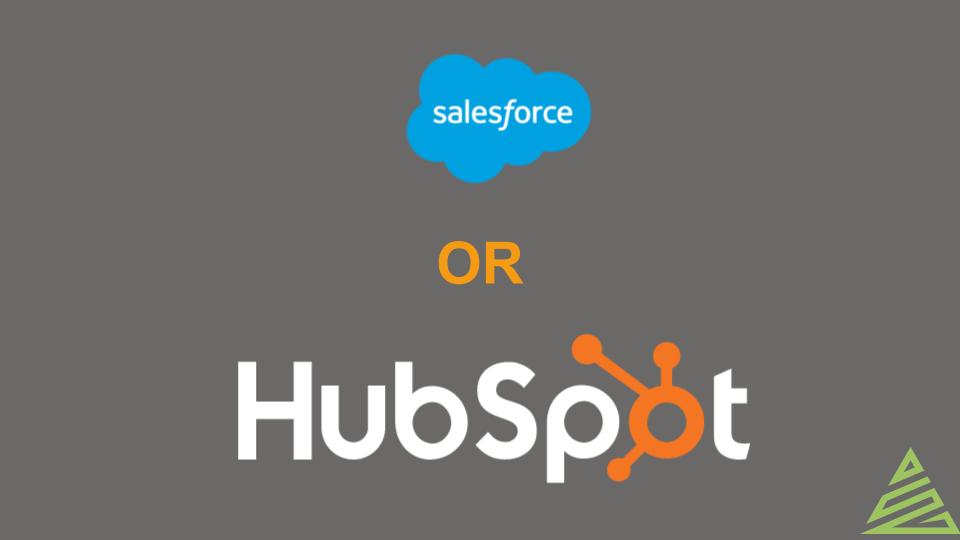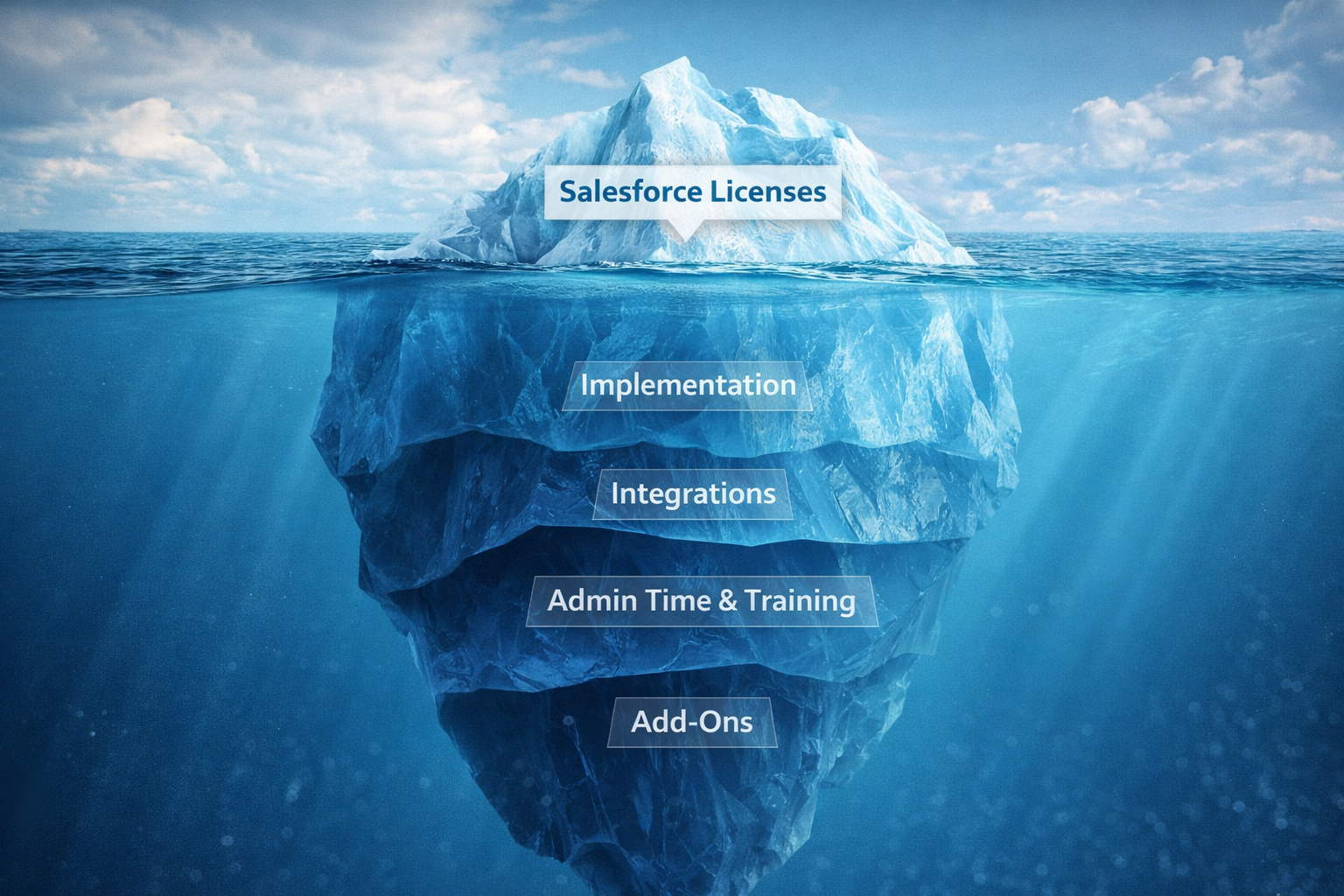As a small or medium-sized business owner, you are probably familiar with the importance of effective marketing and sales activities. These are critical components of growing your business and increasing revenue. In today's digital age, various tools are available to help streamline and optimize these activities. Two popular options are HubSpot and Salesforce. In this article, we will examine the pros and cons of each to help you make an informed decision on which platform to choose for your business.
HubSpot is a popular all-in-one marketing, sales, and service platform designed to help businesses grow. It offers a variety of tools and features to help companies to attract, engage, and delight their customers. HubSpot's core features include content management, lead generation, email marketing, social media management, and analytics.
On the other hand, Salesforce is a powerful CRM (customer relationship management) tool that focuses on sales and customer data management. Salesforce provides various features to help businesses manage their sales activities, including lead and opportunity management, sales forecasting, and reporting.
So, which platform should you choose for your business? Let's take a closer look at the pros and cons of each.
HubSpot Pros:
- All-in-one platform for marketing, sales, and service
- User-friendly and easy to navigate
- Offers a wide range of integrations with other tools and software
- Provides a comprehensive set of analytics and reporting tools
HubSpot Cons:
- It can be expensive, especially for small businesses
- Some features, such as lead scoring and attribution reporting, are only available in higher-tier plans
- It can be overwhelming for companies with limited marketing experience
Salesforce Pros:
- Powerful CRM tool designed specifically for sales activities
- Provides robust reporting and analytics features
- Offers a wide range of integrations with other tools and software
- Highly customizable to fit your specific business needs
Salesforce Cons:
- It focuses solely on sales activities, so it lacks marketing out of the box
- It can take time to learn and use, especially for those without prior experience
- Pricing can be prohibitive for small businesses
Which platform is right for your business? It ultimately depends on your specific needs and priorities. If you are looking for an all-in-one platform that offers comprehensive marketing, sales, and service features, HubSpot is a great choice. However, if you solely focus on sales activities and need a powerful CRM tool, Salesforce may be the better option.
Regardless of which platform you choose, it is essential to take the time to understand the features and capabilities of each fully. This will help you make an informed decision and ensure you get the most out of your investment.
In conclusion, HubSpot and Salesforce are powerful tools to help small and medium-sized businesses grow their marketing and sales activities. By considering the pros and cons of each platform and taking the time to understand their features fully, you can decide which one is the best fit for your business.








SHARE